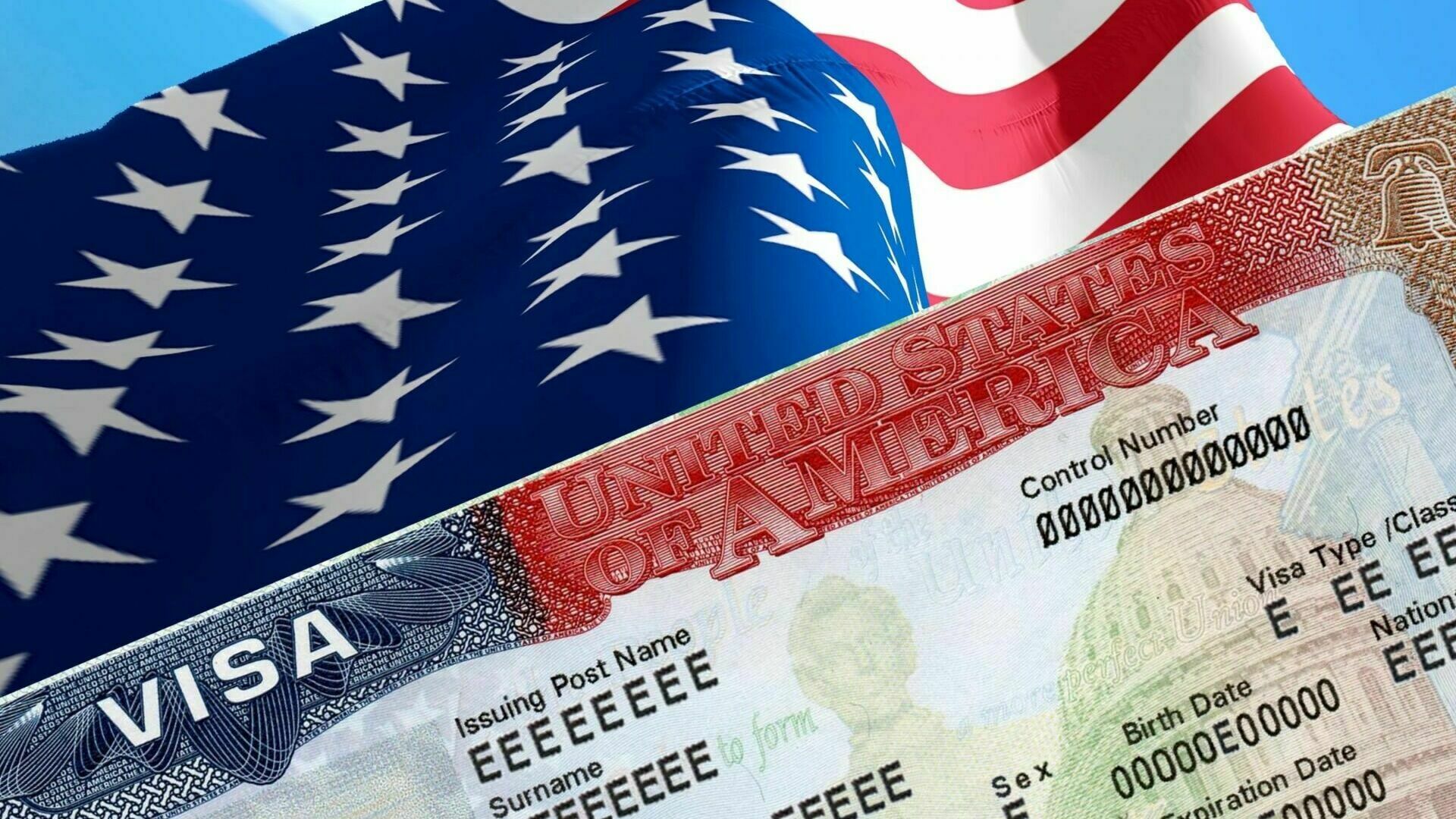Posted 3 февраля 2023, 07:36
Published 3 февраля 2023, 07:36
Modified 3 февраля 2023, 08:15
Updated 3 февраля 2023, 08:15

Not enemies anymore? The United States began to refuse to issue visas to Russians less
Ivan Zubov
As you know, since September 2022, the European Union has a recommendation to tighten the issuance of Schengen visas for Russian citizens.
Restrictions, on the recommendation of officials, should not apply to representatives of civil society, political activists who are at risk of persecution by the Russian regime, as well as journalists.
However, European countries are in no hurry to implement this recommendation, and simply "close" themselves from the Russians.
So, in October 2022, Finland closed entry to the country for Russian citizens with tourist visas, and in January 2023, the Finnish Migration Service temporarily stopped making decisions on asylum applications from citizens who fled Russia due to mobilization. The Norwegian Immigration Department has also suspended the consideration of asylum cases for Russians who fled the mobilization. Poland, Estonia, Latvia and Lithuania also restricted the entry of Russians on Schengen visas.
It is curious at the same time, while some Western countries are tightening the possibilities of tourism and emigration for Russians, America, which is considered enemy No. 1 in Russia, has remained one of the few countries that continue to issue visas to Russians with a minimum number of refusals.
The US State Department has published statistics on the issuance of visas in category B (B1/B2), according to which almost 75% of visa requests were approved by Russian citizens. Moreover, there is a positive trend, according to which the number of refusals for citizens of the Russian Federation decreased from 29.5% in 2021 to 26% in 2022.


However, there may be some difficulties here. Former US Ambassador to Moscow, director of the Institute of International Studies at Stanford University Michael McFaul proposed to charge Russians a fee for the restoration of Ukraine when entering democratic countries. He made this offer in an article published in the journal Foreign Affairs.
Democratic countries, in his opinion, should introduce a special fee for the restoration of Ukraine for all Russian citizens in excess of the cost of a visa or completely close entry to Russians. Russians who refuse to pay the fee, fearing that it could be interpreted by the Russian authorities as support for Ukraine, the ex-diplomat recommended "to rest in Minsk instead of Barcelona."
The weak point of a complete ban on entry is that it can "alienate Russians who oppose the fighting", McFaul writes. For these citizens, Western countries, according to McFaul, should, on the contrary, simplify the possibility of fleeing Russia. He proposed issuing work visas to the United States and European countries to "tens of thousands of the best and smartest Russians" who have already left Russia, as well as providing an opportunity to open bank accounts and obtain visas and work permits to Russian oppositionists and independent journalists who have left…